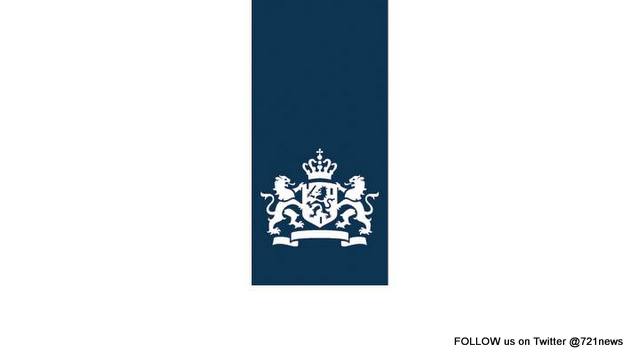The internet consultation for the regulation for social initiatives is now online.
The regulation which goes into internet consultation aims on supporting social initiatives in European Netherlands that contribute to the awareness, recognition, commemoration or continued effect of the Trans-Atlantic slavery past. Starting February 16th, people can respond to the regulation in a timeframe of 30 days through the following website: https://www.internetconsultatie.nl/slavernijverleden.
For this regulation, a one-time amount of 33.3 million euros will be available. In total, the Dutch government made 100 million euros available. The amount is divided in three parts: 33.3 million euros for the European Netherlands, 33.3 million euros for the Caribbean part of the Kingdom and 33.3 million euros for Suriname. Separate, tailor-made regulations will be created for the Caribbean part of the Kingdom and for Suriname.
The regulation dedicates specific attention to promoting grassroots organizations of descendants and involved communities. For example, they can further professionalize and strengthen their organization with the use of a voucher. Also, larger initiatives that work together with grassroots organizations or that include grassroots organizations in a project will receive a higher classification in the granting of subsidies. Furthermore, the regulation is meant for social initiatives that focus on strengthening the community of descendants of enslaved people and the celebrating and expanding of their resilience. The regulation is also meant for larger projects that have a considerable impact on increasing the knowledge, awareness, recognition, commemoration and tackling the continued effects of the slavery past.
Participation sessions Caribbean part of Kingdom
It is expected that the regulation for the Caribbean part of the Kingdom will go into effect in the summer of 2024. Participation sessions will be organized in the coming months with representatives of the islands. These sessions are essential to incorporate the regional needs and insights in the broader programme. Islands’ residents can also actively participate in the preparation of the regulation for the Caribbean part of the Kingdom via an internet consultation which is expected to commence late February, early March. The regulation for Suriname will be published at a later date. The aim is to still do so in 2024.
Participation as a solid base for approach after slavery past apology
Using an approach that centres on participation, major steps are being taken to further work out the apologies for the slavery past. In the past year, extensive discussions were held with a broad group of descendants and other involved persons. These discussions yielded valuable insights which will form the basis for policy. On the request of the ministry of Interior Affairs and Kingdom Relations, the bureau TrueTalk spoke with 270 descendants and directly involved persons. Various dialogue methods were utilised for this purpose, including individual talks, roundtable meetings and conversations in a natural setting, in the street or in cafeterias. The descendants’ communities were included in this effort.
Age, organisational and emotional involvement, cultural background and regional spread were taken into consideration in selecting the discussion partners. The insights of the research make clear that, to this day, the consequences of the slavery past are especially felt in the social position of the community in areas such as housing, education and the labour market. There is a need for social initiatives that offer solutions to address that structural inequality. The commemoration is also seen as a means to work on a more equal society.
At the end of January, eight ministers and state secretaries, including Alexandra van Huffelen, Hugo de Jonge, Hanke Bruins Slot, Robbert Dijkgraaf and Franc Weerwind, will engage in talks with about 70 descendants in the Diligentia Theatre in The Hague. Topics included the steps after the comma, the draft regulation for social initiatives and the contours for the Kingdom-wide Commemoration Committee. Participants in this dialogue session came from the European Netherlands, the Caribbean part of the Kingdom and Suriname.





























